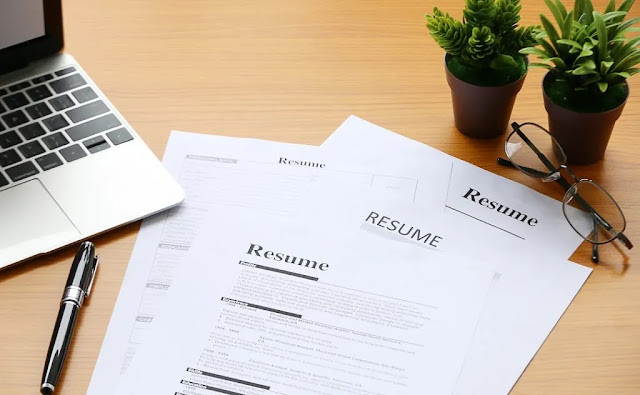What Is a Functional Resume?
A functional resume showcases an applicant's skills. It may start with a summary of qualifications followed by a list of a candidate's skills and examples of using those skills. And, for example, you might say, "Managed the sales department of five staff members. Increased sales by 25% in six months."This is different from a traditional, chronological resume that displays a timeline of your work experience with brief explanations of each job. Furthermore, as a result, the focus is shifted from job titles and the amount of time that has passed to the actual skills you possess.
How a Functional Resume Works
A functional resume is less commonly used than a chronological resume, which recruiters and interviewers generally prefer. Moreover, It de-emphasizes gaps in your work history or the fact that you're making a significant career change.A functional resume draws attention away from items that a hiring manager might find problematic. If you don't have a reason for using a functional resume, opt for a chronological one. And, Additionally, some applicant tracking software programs reject resumes without a chronological work history.
Writing a Functional Resume
Here's how to approach writing a functional resume:
- Start with a resume summary: Consider including a resume summary at the beginning of your resume, which is a brief statement that highlights your most relevant qualifications. Furthermore, this sets the tone for how the employer sees you (and your resume) right from the start.
- Use keywords: Use keywords from the job description in your resume. Keywords are words or phrases that relate to the job requirements, and you can use the job posting for a guide to which words to use. Moreover, Use keywords as the titles for your subheadings or in the bulleted lists where you describe your skills and accomplishments in more detail.
- Include your employment history: Placing this section at the bottom of your resume helps the employer focus more on your skills than your work history.
- Mention relevant projects: Include any personal or professional projects that are related to the job. Furthermore, projects demonstrate your success in developing and completing tasks.
- Organize by theme: hen writing a functional resume, use themes like skills or qualifications. For example, you might group skills under “Recruiting Experience” or “Customer Service Experience.”
- Write a strong cover letter: Use your cover letter to expand on the skills and abilities you have that make you a strong candidate for the position. And, this will help lessen any concerns the employer might have about your work history.










No comments:
Post a Comment